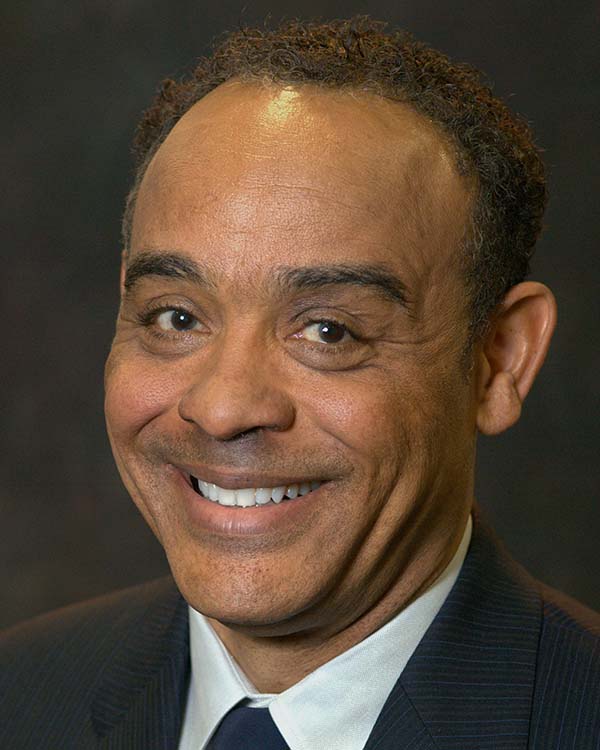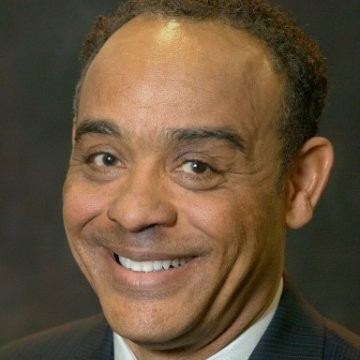By John Grace
Contributing Columnist
Retailers are delighted to report on the news that consumers spent a record $9.12 billion in online shopping on Black Friday this year, an increase of 2.9%, according to Adobe Analytics.
The figure catches many by surprise with the continued fears of a recession and an inflation level not seen in the last 40 years. Just before the 2022 midterm elections, almost 50% of Americans declared inflation or the economy to be the most important issue in their voting deliberations, making kitchen table money matters by far the most commanding, according to an ABC News/Ipsos survey.
It is interesting to note that billionaire Amazon founder Jeff Bezos, who has a great deal to gain from Americans’ addiction to spend, baby spend said, “People should stop buying big-ticket items right now.”
Bezos went on to say that Americans should hold off on major purchases like new cars and televisions in the event a lengthy economic downturn may be baked in the economic cake. Indeed, the hi-tech industry may prove to be the canary in the coal mine with some of the largest companies shredding employees like Twitter laying off about 3,700 people, nearly half its staff, and Meta slashing 11,000 jobs.
In fact, we see Amazon, down 40% from last year, announcing it would reduce its workforce by approximately 11,000 jobs. Bezos told CNN, “Take some risk off the table. Just a little bit of risk reduction could make the difference.”
Bezos added that it makes sense to keep some extra cash on hand, which can benefit consumers as well as organizations alike when there is so much economic uncertainty.
For increasing numbers of Americans, the buying power is not cash, it’s credit. According to the Federal Reserve Bank of New York, credit card balances are the largest in more than 20 years.
But the wealthy have a completely different agenda. When wealthy people borrow money, they aren’t in the habit of buying things that will only depreciate in value, because their agenda is to invest in things that they believe are more likely to increase in value.
Astute investors understand the road to riches isn’t paved with debt, but debt can be an asset on taking positions that may appreciate. The road to riches is often paved with a higher purpose.
Elon Musk, the world’s richest man, pledged to provide $46.6 billion in equity and debt financing for his acquisition of Twitter. Musk, who Forbes magazine says is worth around $220 billion, owned 9.6% of Twitter in market shares Oct. 28. Equity financing was secured thanks to a variety of sources, including bank loans, investors and technology firms.
One of the ways highly affluent people finance investments or provide expensive gifts to their family is by borrowing from their own assets instead of borrowing money from the bank. This concept can be especially beneficial when one would like to avoid selling profitable positions, only to pay income taxes on the gains at liquidation.
One of the ways to access cash is a securities-backed line of credit using non-retirement investment assets as collateral. Some savvy investors like to unlock the value of their portfolios without disrupting the investment strategy that has been strategically designed.
This lending arrangement provides flexibility to access the value of your investments and can help manage cash flow without interrupting your financial plan. Your line of credit principal can be repaid at any time without penalty, as only interest is due monthly, provided the line remains in good standing.
The loan proceeds may be applied toward business investments, real estate purchases, home renovations, tax payments, or bridge loans, for example.
Thanks to fast processing, you can have access to funds quickly, with most loans taking three to five days to process. Your loan can be reviewed online where funds can be accessed, allowing for the transfer of money to linked accounts.
Borrowing to consume can be like throwing a boomerang at your own head. That bad debt practice can hurt. Good debt, however, can turn an enemy into your friend.
I couldn’t agree more with Jeff Bezos. In the event the economy turns upside down, now is a good time to keep your borrowing powder dry. You want to be prepared for opportunities you cannot foresee.
If, however, you manage debt well and you have an open window of opportunity today, you might like to weigh the advantages and disadvantages of borrowing from yourself, instead of the bank.
You never have to worry about yourself becoming a judgment creditor. If, however, you don’t manage debt well, you have to be very careful with available lines of credit. It’s far too easy to over extend and these lines of credit usually come with variable interest rates. Please consult your financial professional for all the possible options available to you.
John Grace is a registered representative with LPL Financial. His On the Money column runs monthly in The Wave. The opinions expressed here for general information only and are not intended to provide specific advice or recommendations for any individual.













